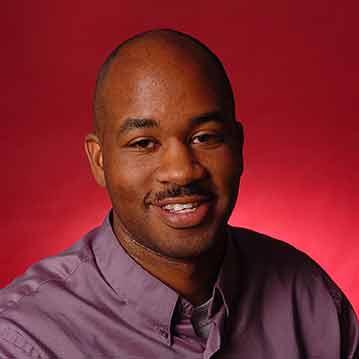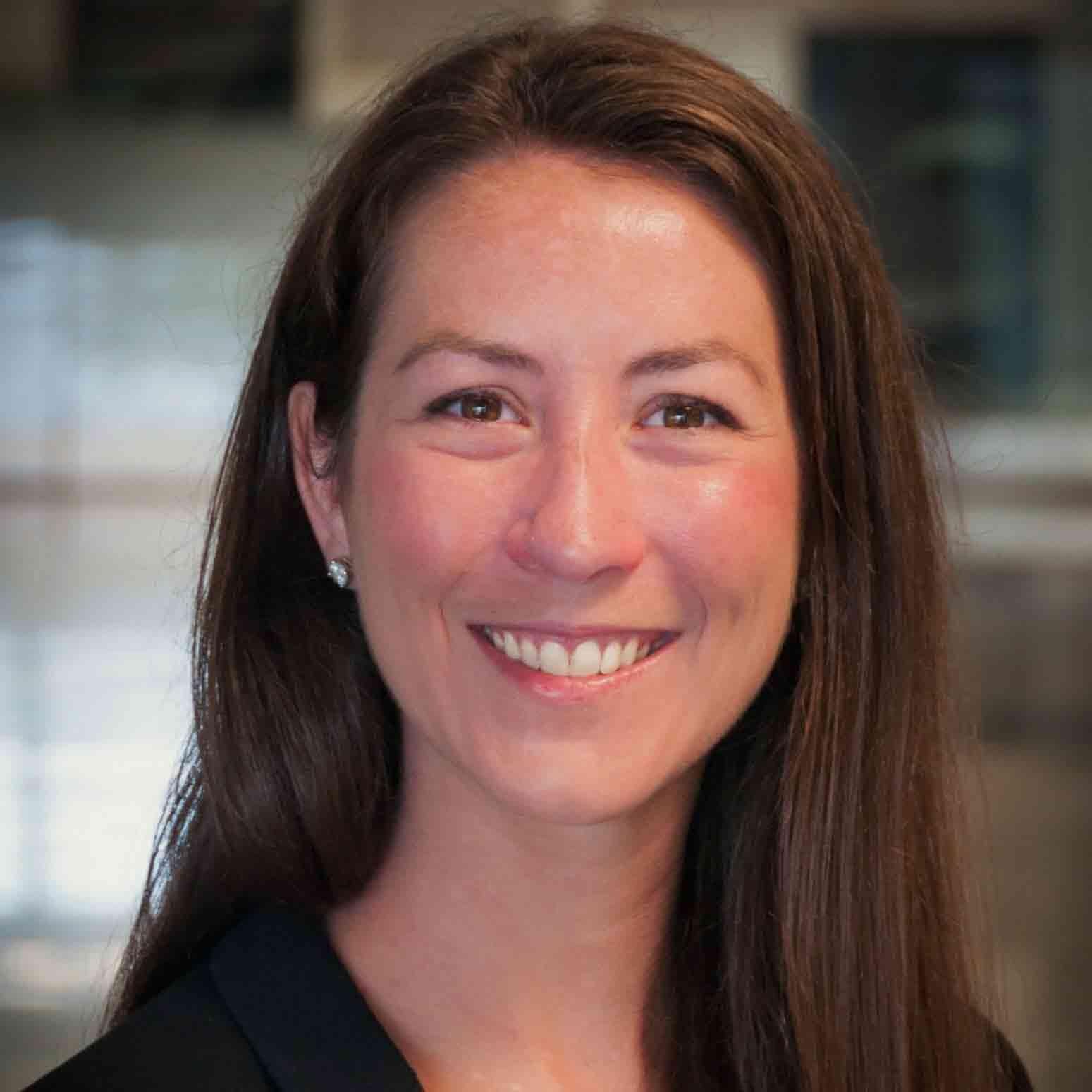Arts
Creative practice as personal expression and social commentary
Introduction
Art—in its infinite forms, functions and implications—is the most accessible and universal way of constructing meaning out of the world we inhabit.
The Arts Scholars program helps students gain a deeper understanding and appreciation of the role that art plays in society and in history. Through a mix of lectures, discussions, demonstrations, collaborative art-making and interactions with guest artists, students consider:
- How art can help us uncover our past and more readily imagine the possibilities of the future;
- How and why art may be used to make an impact or send a message; and
- What different works of art, and personal reactions to them, may signify.
Students will be challenged to conceptualize, articulate and present original ideas through a variety of methods, getting firsthand experience in creative problem-solving and project execution. Ultimately, students will strengthen their personal artistic skill and learn to appreciate a broad spectrum of art disciplines.
The Arts Scholars program attracts a diverse student population from a range of academic disciplines. No matter their area of artistic interest or skill level, students will find themselves immersed in a collaborative learning environment.
Colloquium and Lecture Topics
- What is art? What is “good” art? Understanding social definitions of art and their influence on artistic taste.
- How can we leverage the influence of artistic practice to constructively comment on the depth of our differences, our shared commonalities, and the nuances of identity as individuals and community members?
- What does research look like in the arts? Exploring common methods of creative and artistic research in the professional world.
- In what ways can we embrace creative approaches to identify, address and bring clarity to the societal challenges faced by “you,” “us,” “them” or “other”?
- How can art reshape or recontextualize understanding of our (individual and societal) learned history, biases and beliefs? How can it make visible the invisible?
- West African djembe: Exploring the role of music in community building, storytelling and cultural understanding
I have been challenged to think differently, work cooperatively, embrace creativity and, most importantly, go beyond the limits I have set for myself. Because of this program, I can confidently say I feel infinitely more prepared for the “real world,” and for that confidence and growth, I could never be more grateful.
Other Learning Opportunities
A variety of learning opportunities supplements the Arts curriculum. As an Arts Scholar, you will be introduced to artists, professional ensembles and world-class institutions each semester, through workshops led by guest artists; attendance at live performances in Washington, DC, New York City and on campus; and visits to the Smithsonian's renowned art and history museums.
In addition, you will get a chance to:
- Conceptualize, execute and present a capstone project of your choosing during your second year;
- Participate in service-learning with local schools and arts nonprofit organizations; and
- Cultivate valuable leadership and communication skills through peer mentoring and peer teaching opportunities.
Curriculum Overview
Over the two-year program experience (four semesters), students will complete up to 6 credits of supporting courses that will count toward your Arts Scholars citation. In most cases, these will also fulfill General Education requirements. Note that your Scholars courses—colloquiums, capstone practicum and supporting courses—will generally be in addition to any courses you take to satisfy major requirements.
The following represents a typical two-year curriculum, but individual schedules may vary. Details about courses and requirements can be found on the Arts Citation Checklist.
| SEMESTER | COURSE | CREDITS |
|---|---|---|
| Freshman Fall | Scholars Colloquium | 1 credit |
| Academic Writing (can be taken either Freshman Fall or Spring semesters) | 3 credits | |
| Arts Service Learning (Optional) | 2 credits | |
| 2–4 courses toward degree and major requirements (including possible supporting course) | 6–12 credits | |
| Freshman Spring | Scholars Colloquium | 1 credit |
| Arts Service Learning (Optional) | 2 credits | |
| 3–5 courses toward degree and major requirements (including possible supporting course) | 9–15 credits | |
| Sophomore Fall | Scholars Colloquium | 1 credit |
| 4–5 courses toward degree and major requirements (including possible supporting course) | 12–15 credits | |
| Sophomore Spring | Scholars Colloquium | 1 credit |
| Scholars Capstone | 2 credits | |
| 4–5 courses toward degree and major requirements (including possible supporting course if not already completed) | 12–15 credits |
Sponsoring College
Residence Hall
Bel Air Hall
Faculty


Social Media, Etc.
The Diamondback: UMD students' dance workshop highlights Japanese Butoh style, May 2022
Arts News
Despite Being Virtual, Scholars Showcases Promote Personal Interaction
For most University of Maryland (UMD) students, the end of the spring semester heralds the start of finals. But for sophomores in College Park Scholars, for the past 24 years, this time of year has signified Academic Showcase. The event, one of the largest exhibitions of undergraduate student learning on campus each year, typically involves more than 600 Scholars sophomores presenting on their capstone projects to fellow students, faculty, parents and other members of the UMD community.
Scholars Alumni Named to Prestigious Maryland Medallion Society
Several Scholars alumni were named to the Maryland Medallion Society during the 40th Annual University of Maryland Student Leadership Awards this month. The Medallion Society is a prestigious group consisting of 20 of the brightest student leaders at the university:
Scholars-helmed Teams Win $8,000 in Awards at 2021 Do Good Challenge
An entirely virtual environment for this year’s University of Maryland Do Good Challenge did not stop teams led by Scholars alums from earning significant monetary awards for their initiatives. The annual event features student teams that are working to make a difference competing for funding support. Of this year’s six finalist teams, three were helmed by those with ties to Scholars:
College Park Scholars Announces Creation of Rebecca Basena Kampi Memorial Endowed Scholarship
Rebecca Basena Kampi. PHOTO: Sade Ayinde College Park Scholars has announced a new scholarship, the Rebecca Basena Kampi Memorial Endowed Scholarship.
Media Scholars Director, Known for her Care of Students, Steps Down
Following a year’s leave of absence, Kalyani Chadha has stepped down from her position as director of the Media, Self and Society Scholars program. Alison Burns, interim director of the program during 2019–2020, will be her replacement, starting immediately. The appointment was made by the Philip Merrill College of Journalism. Chadha, only the second director of Media, Self and Society, had headed up the program since 2004. During that time, she oversaw a gradual shift of the program’s focus from primarily popular culture to issues of particular resonance in society today.
